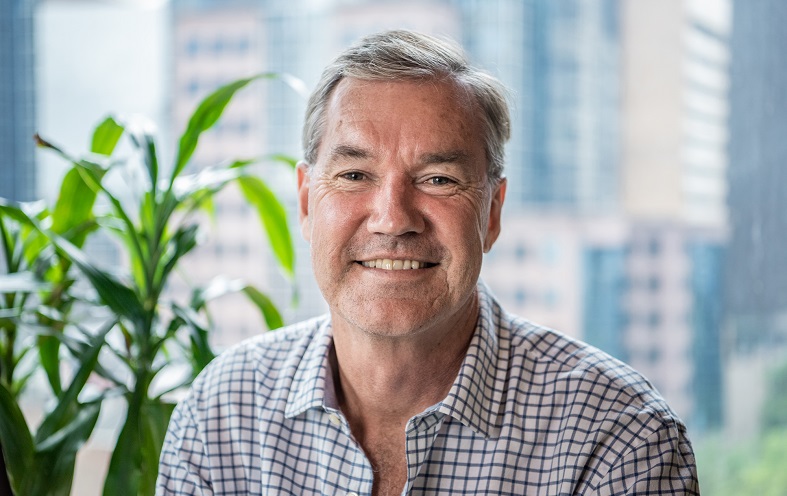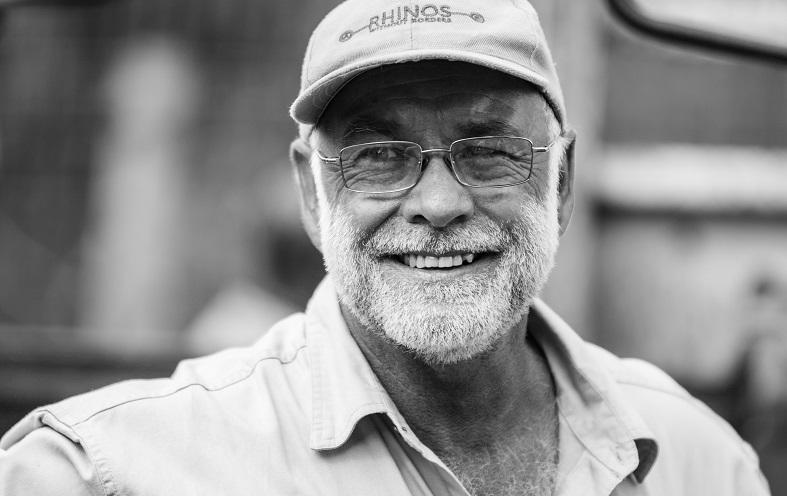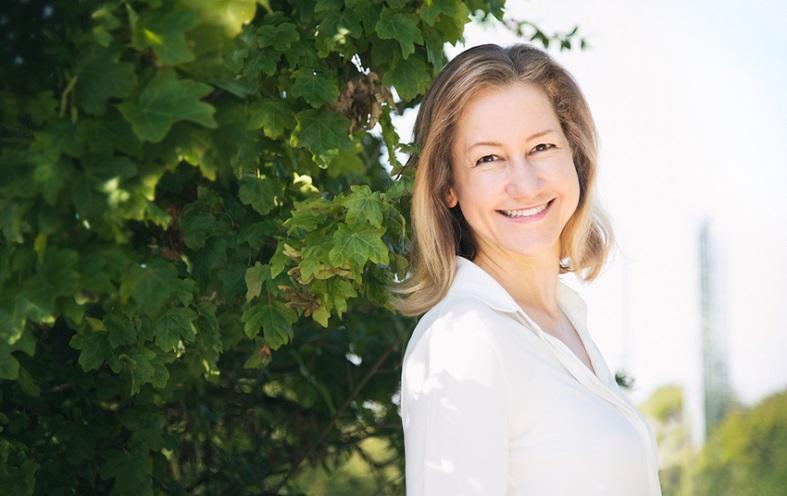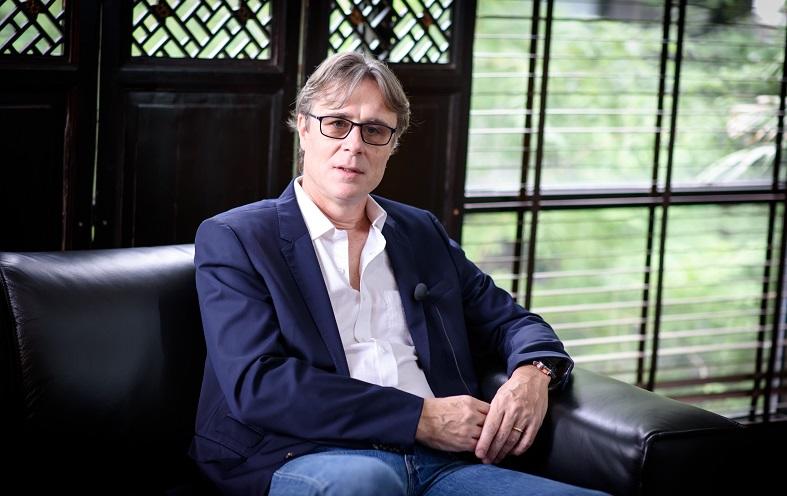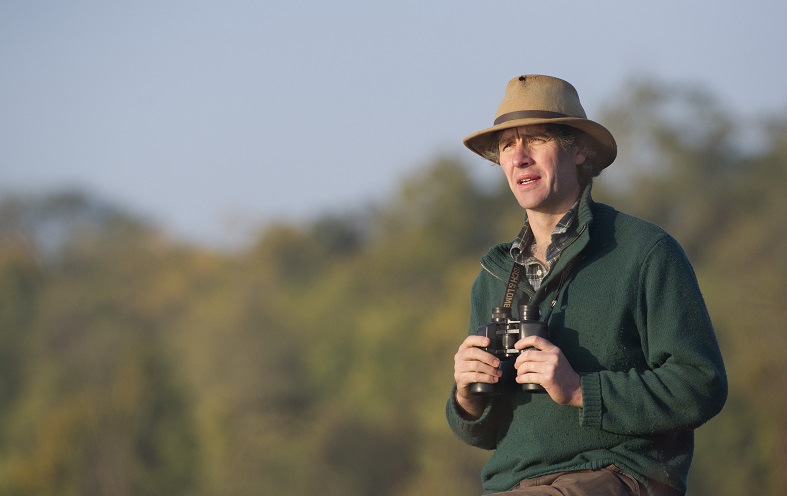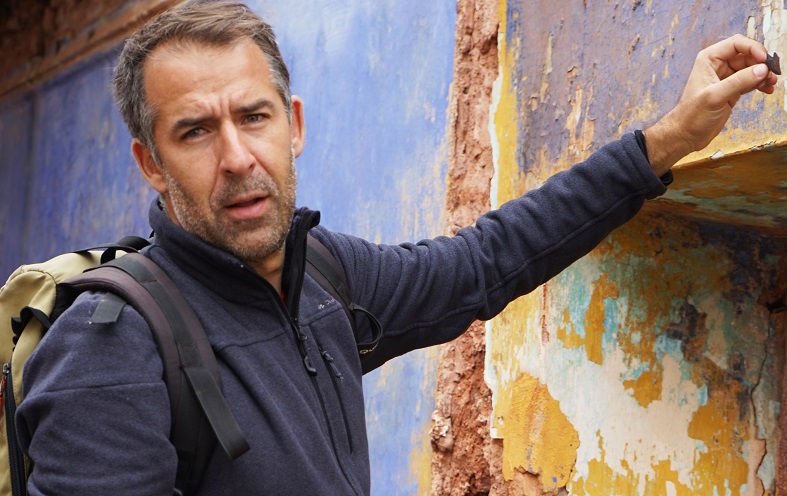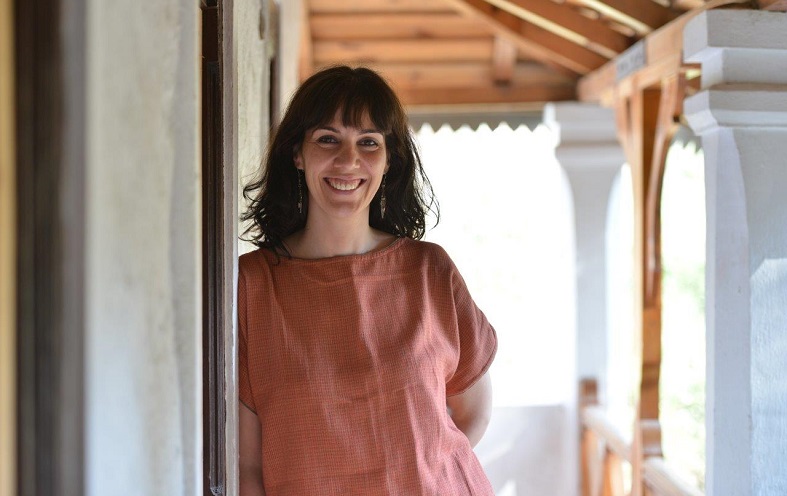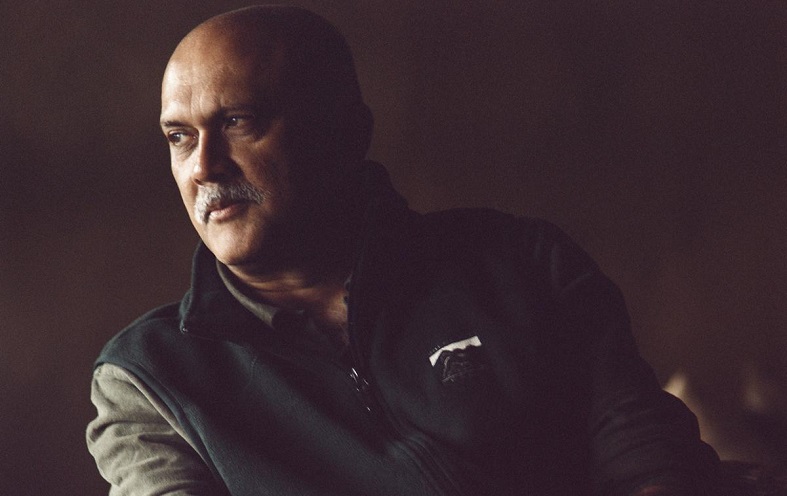
From setting up simple camps around the gorilla parks to running a leading luxury lodge company in Uganda and Rwanda, the story of Praveen Moman is as intriguing as it is inspiring – even more so as he has been the driving force behind the revival of the great ape tourism. As the founder of Volcanoes Safaris, Praveen kick-started gorilla tourism in the challenging post-conflict Uganda and Rwanda, supporting the livelihoods of the local community outside the forest area and supporting conservation.
In this interview, Praveen shares what inspired him to set up Volcanoes Safaris and how locals are the frontrunners of conservation. He also discusses how the pandemic is affecting conservation efforts and how important income from tourism is for communities to protect gorillas and the forests.
Praveen, what inspired you to focus your more recent career on wildlife conservation, gorillas and responsible tourism?
I was born in Uganda and the family had to leave in the 1970s for the U.K. during the changing times post-independence. My father was passionate about the wilderness of Africa and we visited many of the national parks. In 1966, I went walking with him in the Virunga volcanoes when I was twelve years old. Dian Fossey had just begun her pioneering research with gorillas in the mountains. In 1997, these early memories took me back to Uganda and then to Rwanda to start rebuilding great ape tourism in this magical and rich area.
What can conservationists learn from the great ape tourism model that your company Volcanoes Safaris has created? Can this model be replicated elsewhere, for conserving other wildlife?
Gorilla tourism is a success story. Sensitive and controlled tourism has supported gorilla conservation, connected the plight of the endangered gorillas and their tiny forest habitat to the world. Most of all, this gives the local people a reason to support the survival of the gorilla and their habitat as it gives the gorilla an economic value.
Volcanoes lodges also connect to communities and conservation through their own ecotourism projects. At Virunga Lodge in Rwanda, for example, we have provided electricity to our neighbours and guests can donate a water tank for families to store rainwater.
At Gahinga, we have built a village for the 100 disenfranchised Batwa community; at Kyambura, we have created a 3-kilometre buffer zone to help safeguard the chimp habitat; at Bwindi, the Bwindi Bar helps train youngsters in hospitality. These projects are carried out through our non-profit organisation the Volcanoes Safaris Partnership Trust.
To save great apes we need to focus on supporting communities.
The cost of a gorilla tracking permit is the most expensive in Rwanda, followed by Uganda and the cheapest in DRC. If tourists choose to go to those countries that offer cheaper tracking permits, how will it affect the overall conservation and community development efforts?
Each country sets the price for the gorilla permit in line with its vision and policies for tourism and allocates the revenue differently and supports conservation and communities in different ways. The gorilla tracking experience in all three countries is magical and different, and if possible we would encourage clients to go to all three countries. Wherever a tourist goes tracking, in buying a gorilla permit he is supporting conservation and community development efforts in that country. It’s a win-win vacation.
How are you managing the current travel pause caused by the coronavirus pandemic, at Volcanoes Safaris?
The situation has, of course, been very challenging since March, when our lodges had to close. Our four lodges are fully operational again and receiving guests based in East Africa and the rest of the world. We even have our first honeymoon couples!
Our staff are very dedicated and resilient and are happy to be sharing their culture and hospitality traditions with guests again. We are working hard to ensure that we survive this difficult period.
How has the absence of travellers in recent months affected conservation efforts and economic opportunities for the communities and individuals you work with?
The devastation of conservation travel is having a negative effect on local communities in Africa, wildlife, conservation and habitat.
As the privileged in the world community, we all need to find a way of supporting the people and wildlife during these difficult times so that the negative consequences do not become long term. Without ecotourism dollars supporting conservation and community activities, alternative models will need to be developed to plug this hole.
The threats to gorilla and chimpanzee conservation in this part of Africa seem endless: poaching, logging, charcoal trafficking, civil unrest, farming, and even the threat of viral infection like Ebola and COVID-19. How do you manage to work towards their conservation, against all these odds?
When I started building Mount Gahinga Lodge on the borders of Uganda, Rwanda and DRC in 1997, the Great Lakes region was unstable. Shortly afterwards the area started stabilising but those early years taught me many lessons in survival – being patient, making good relationships with local people, government and conservation non-profits. Like others who work in remote parts of Africa, you learn to work against the odds and slowly you build strength and skills to survive and move forward!
What are some of the hurdles you faced while convincing the local communities to participate when you kick-started gorilla tourism in Uganda and Rwanda?
When we started, conflict was coming to an end. Local people were desperate to survive the hardships, to feed their families, to build a new beginning. They were keen to work with us, to support our work, get a job with us. We built a strong partnership with them, which remains to this day.
Which parts of your work would you consider the most difficult? Which are the main hurdles in day to day conservation business?
- surviving the unexpected
- making long term plans but keeping them flexible
- making sure you devote enough resources to build up management teams, skills and logistical expertise
- making financial plans that are realistic and flexible
How have your views on tourism sustainability changed over the years and through your experience with Volcanoes Safaris?
The world is in a precarious state with its ecosystems under threat, with consumption and development ever increasing. We need to refocus our efforts on creating more low impact responsible tourism the priority if we are not to see irreparable damage to the planet.
Your three bits of advice for sustainable tourism entrepreneurs or travel business owners, on how to support wildlife conservation and at the same time ensure their own economic sustainability?
I come from a community of forgotten pioneers – the Indians of East Africa. We were central to the opening of East Africa even before the colonial period. So we have long inherited memories of what our forefathers have done.
- Be resilient. Believe in a long term vision. Be patient.
- Take on adversity head-on. Expect bad stuff. The world does not go as you want.
- Build a spirit of togetherness – that is what holds everyone in the Volcanoes family together especially in this difficult period. We have also sought to build good relationships with external partners – governments, private sector, and conservation organisations which is key to making progress.
Think long and carefully before you start. Think long term. Plan for the unknown. It’s a long, challenging but rewarding journey!
Thank you, Praveen.
Connect with Praveen Moman on LinkedIn. Find out more about the gorilla and chimpanzee ecotourism on the Volcanoes Safaris website.
Enjoyed our interview with Praveen Moman on great ape conservation in Central Africa and the importance of responsible tourism for local communities? Thanks for sharing!

